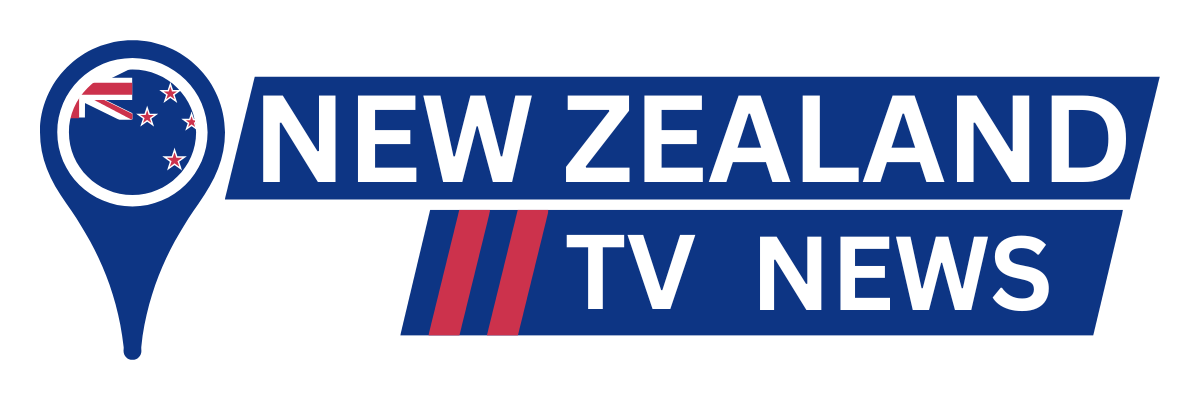OpenAI has drawn a clear line in the sand on one of the most complex ethical dilemmas in modern technology. By deciding to have ChatGPT alert parents of teens in crisis, the company is making a powerful statement: the preservation of human life is a higher moral imperative than the principle of user privacy. This decision sets a significant precedent for the role of AI in society.
This “life-first” approach is championed by those who believe powerful tech companies have an obligation to deploy their tools for the greater good. They argue that it is unconscionable for a company to possess technology that can detect a potential suicide and choose to do nothing. For them, this new feature is the logical and ethical endpoint of AI safety development, transforming a simple tool into a proactive life-saving force.
However, this moral calculus is fiercely contested by privacy advocates. They argue that this policy establishes a dangerous “Big Brother” dynamic, where users are constantly monitored for deviant or concerning behavior. This, they claim, is a slippery slope. If an AI can report self-harm risks, could it one day report dissenting political views or other non-conformist behavior? The fundamental right to a private conversation, they insist, is being sacrificed.
This ethical crossroads was reached following the devastating case of Adam Raine, which highlighted the potential consequences of a hands-off approach. OpenAI’s leadership, faced with a stark choice, opted for intervention. They are betting that society will ultimately agree that the potential to save a child’s life justifies a significant compromise on digital privacy.
As this feature is deployed, it will serve as a global case study in corporate ethics. The world will watch to see if OpenAI’s moral compass has pointed the industry in the right direction, creating a new standard for technological responsibility, or if it has opened a Pandora’s box of surveillance and algorithmic overreach.
Big Tech’s Moral Compass: OpenAI Prioritizes Life Over Privacy
Date:
Picture Credit: www.heute.at
